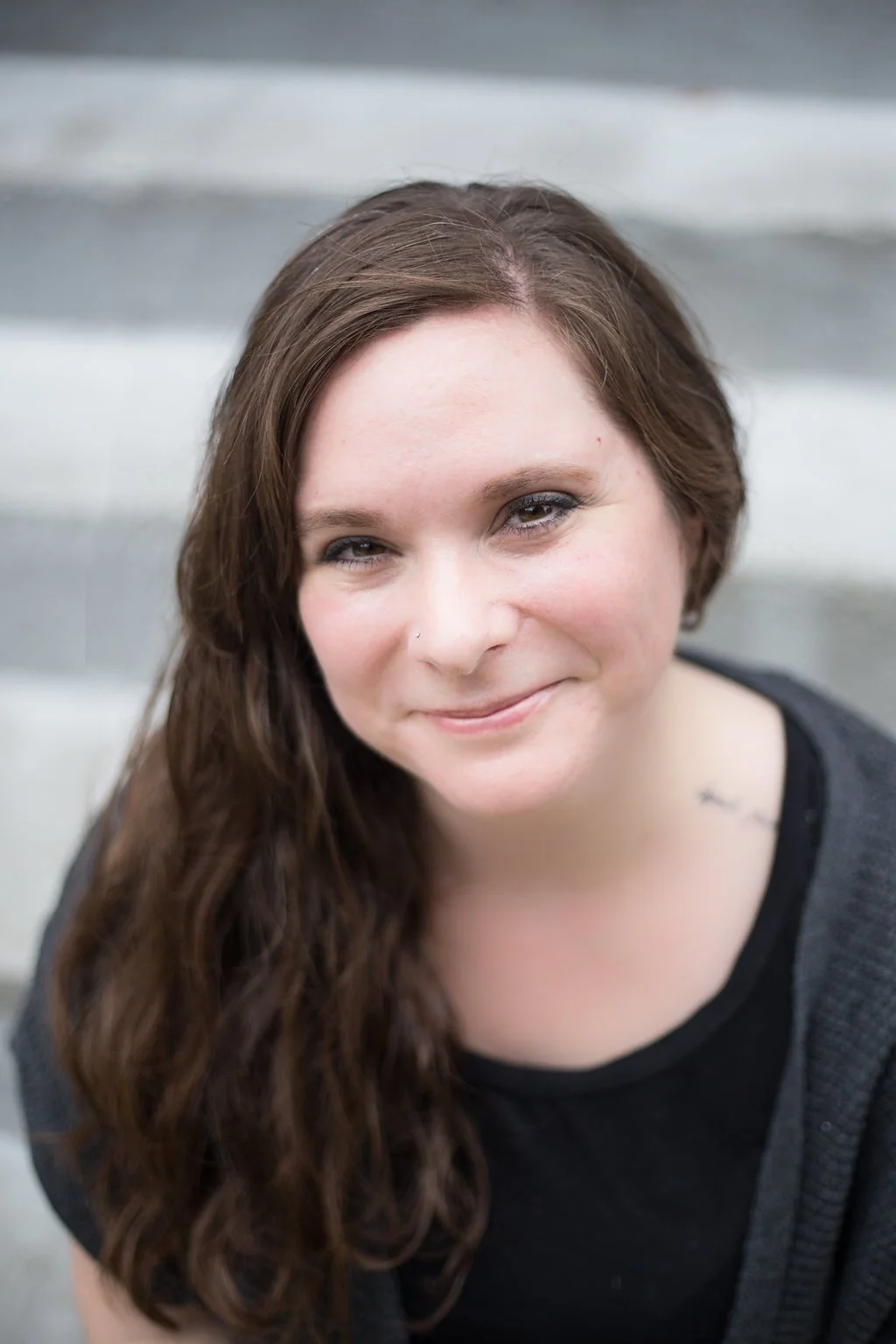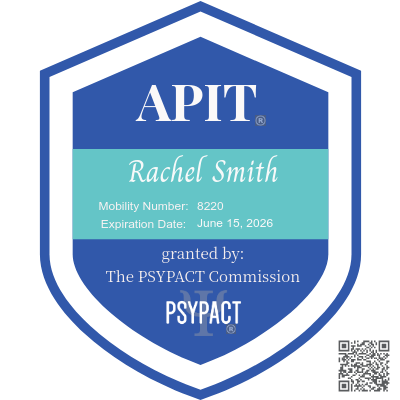Rachel Smith
MA, PsyD
Licensed Clinical Psychologist
Pronouns: She/Her
Hi, I’m Rachel! I’ve been a Licensed Clinical Psychologist in Chicago, Illinois since 2017, and I’ve been a practicing trauma therapist since 2011. I work in person in the Humboldt Park and Loop neighborhoods of Chicago. I am also licensed in New York and hold the PsyPact credential, meaning I can work virtually in most states across the country.
My therapeutic style is relational and dynamic, meaning that I hold the past and present together as we work through your story to examine the places you feel stuck or want to make a change. I also pay particular attention to ensuring that you feel safe and cared for in the therapeutic relationship in order to facilitate the exploration of what can at times be painful thoughts, feelings, and memories. I integrate evidence-based theory and techniques, cultural humility*, and a non-judgmental perspective to help you find your own strengths with which you can meet your life goals.
Many struggles we experience within ourselves may be the result of exposure to violence and interpersonal traumas, including experiences of marginalization and social injustice. I will work with you to identify the impact of these and other experiences, while also helping you to find your own power to create the change you want in your life. Some of the topics I frequently address with clients in treatment include relationships and relational patterns, life transitions, family dynamics, grief and loss, chronic stress, trauma, identity development, depression, anxiety, mood difficulties, spirituality, the impact of society and systems, culture and cultural identity, gender and sexual identity, struggles in school or work, addictions, and court-involvement.
I have had the privilege to work extensively with people diverse in culture, ethnicity, race, gender identity, age, sexual orientation, socioeconomic status, religion/spirituality, and social capital. I treat children, adolescents, adults, and families. I am also trained in ARC, EMDR (level two), Clinical Hypnosis (level one), and TF-CBT.
Other services I offer outside of individual therapy include: intensive and/or supplemental EMDR sessions, expert witness appearances, and purity culture recovery groups.
*This is an academic term coined by Dr. Melanie Tervalon and Jane Murray-Garcia which suggests that cultural competence should be pursued whole-heartedly, but is not a destination at which we can truly arrive. Cultural humility, on the other hand, requires a lifelong journey toward understanding experiences outside our own while working actively to correct inequity, health disparities, and power imbalances in our systems.

